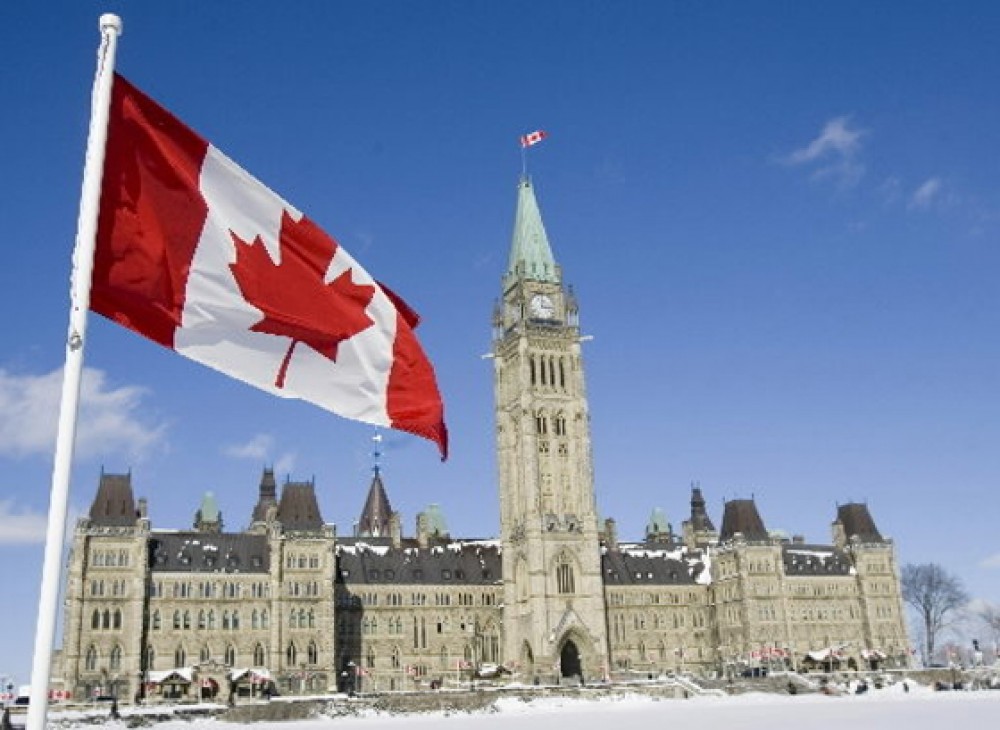This week, you may have heard about a meeting taking place in Niagara-on-the-Lake, a meeting of the Council of the Federation. It’s a pretty big deal as political meetings go. It is an inter-provincial council made up of provincial and territorial first ministers: the premiers.
Why is it significant? Well, it’s a time for all of the provincial executives to get together to discuss the significant issues facing the country and particularly those issues which have implications for the provinces, to debate policy, to form contacts and make deals with each other, and it is also an opportunity for the premiers to get together and talk strategy. Why strategy? This conference is an opportunity to try to present a united provincial front towards the federal government on important issues of public policy: healthcare, jobs, the economy, and social program funding among other topics.
If the provinces come to a consensus about say, the limitations of a particular federal initiative, the provinces can act as one cohesive unit to try to force the federal government’s hand, perhaps gaining important concessions like more funding, or more provincial control over aspects of the policy, or perhaps the retraction of a particular federal policy, initiative, project or program.
What are some significant issues on their agenda this week? Most important are jobs and training and infrastructure spending. In their 2013 budget (the infamous Economic Action Plan, 2013 edition), the federal government committed to creating a Canada Jobs Grant, which if implemented, would have significant affects on the provinces (here, here, here, here). The re-incarnated Building Canada plan, also has important provincial implications for public works projects like fixing bridges, roads and so forth which are located inter-provincially, but are under federal jurisdiction for reasons associated with transportation regulation.
As the host of the meeting, Ontario premier, Kathleen Wynne acts as chair of the meeting and has much leeway in setting the agenda.
